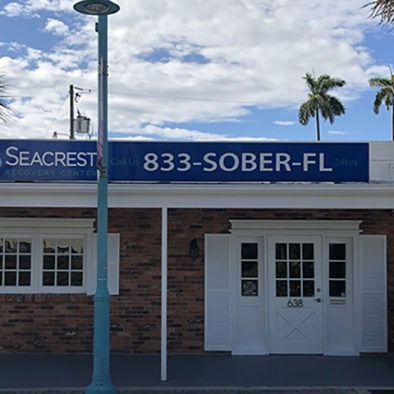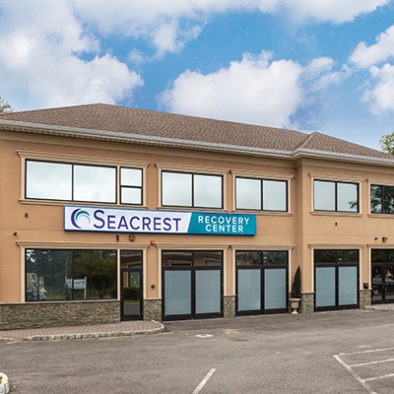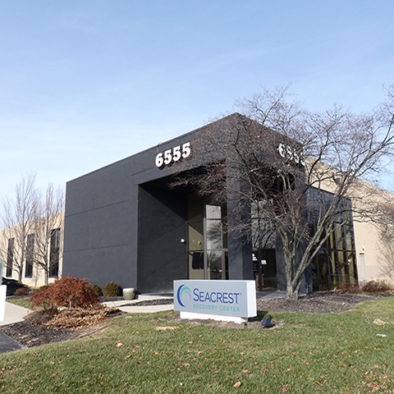Aftercare Program
Highly Rated
Time and time again our alumni speak up to share their experience with getting sober at Seacrest.
Top Rated Programs
Our treatment programs a thoughtfully planned out to help you accomplish the best long term outcomes.
Premiere Locations
Our facilities are located are placed with you in mind! You don't have to travel very far to get the help you need!
Aftercare Program
Going to rehab for a substance use disorder is one of the most important things you’ll ever do for yourself. There can be so much effort and deliberation put into the act of deciding to get help that you don’t even think about what comes after. This is what aftercare is for.
Rehab isn’t designed to just help you make it through detox. A rehab is a supportive community that wants to help you through every step of recovery, including continued treatment and relapse prevention.
The 30 to 90 days spent in a treatment program are small in comparison to the rest of your life. To give you the greatest hope and confidence in your recovery, we offer an aftercare program that provides continued guidance and ongoing support after you have completed your initial treatment.
Relapse happens for a lot of reasons, and it’s one of the most challenging aspects of recovery to accept and overcome. One of the primary goals of aftercare is to develop a personalized relapse prevention plan – this will help you know who to reach out to when times are tough, how to work through cravings, ways to respond to triggers and more.
While relapse prevention is the focal point of aftercare, the program is also committed to helping you cultivate the lifestyle you need to live healthily, achieve new goals and start building a better life for yourself. Different types of therapies and resources are available to help.
Individual counseling for substance abuse is recommended throughout recovery. A therapist can provide continued support and guidance that helps you learn how to handle your emotions, manage mental illness and set goals that get you where you want to be.
Outpatient group therapy or a local support group can keep you plugged into the recovery community after rehab. It’s vital to stay active and accountable, and weekly meetings will help you do that.
Sober living homes are another potential form of aftercare. Most people become accustomed to the structure of life in rehab, which can make returning to the real world a lot harder. By slowly reintegrating into society, you can learn how to balance work, life and counseling without experiencing burnout or exposing yourself to harmful triggers.
Once you recognize that sobriety is not solely a goal but a way of life, it becomes easier to start making healthy choices and better decisions. It also takes away a lot of the pressure associated with getting sober; you aren’t “cured” of addiction after detox, and rehab isn’t simply the process of weaning off drugs and learning about substance abuse.
Rehab and aftercare help you reexamine your entire life up until now; you’ll begin to deconstruct all the things that have held you back and start to recover from the choices you’ve made. You’ll stop living in the past and start learning from it instead.
Aftercare is a systematic, ongoing approach to recovery that starts before you even leave rehab.
The earliest days of recovery come with the highest risk. Your environment and support system will be two of the most important factors that influence whether or not you relapse. The first stage of aftercare will focus on ensuring you have a healthy, structured living environment, developing a daily schedule, sticking to a workout routine and acquiring the right resource so you know who to turn to when the urge to use or drink again starts.
Aftercare lasts well over a year after your initial treatment. From the first month through the first year, you will celebrate new milestones and overcome challenges you never thought you could. Finding a job, continuing therapy, repairing broken relationships and cultivating meaning in your life through new hobbies and experiences are all part of the plan.
Although the thought of relapse is terrifying, it is something both preventable and manageable. It is likely to happen to everyone who goes through treatment, but it doesn’t mean you have failed. Aftercare is the foundation of your future, ensuring that if and when things get tough, you’ll already know what steps to take.
Treatment Locations
See all Seacrest Recovery Centers



